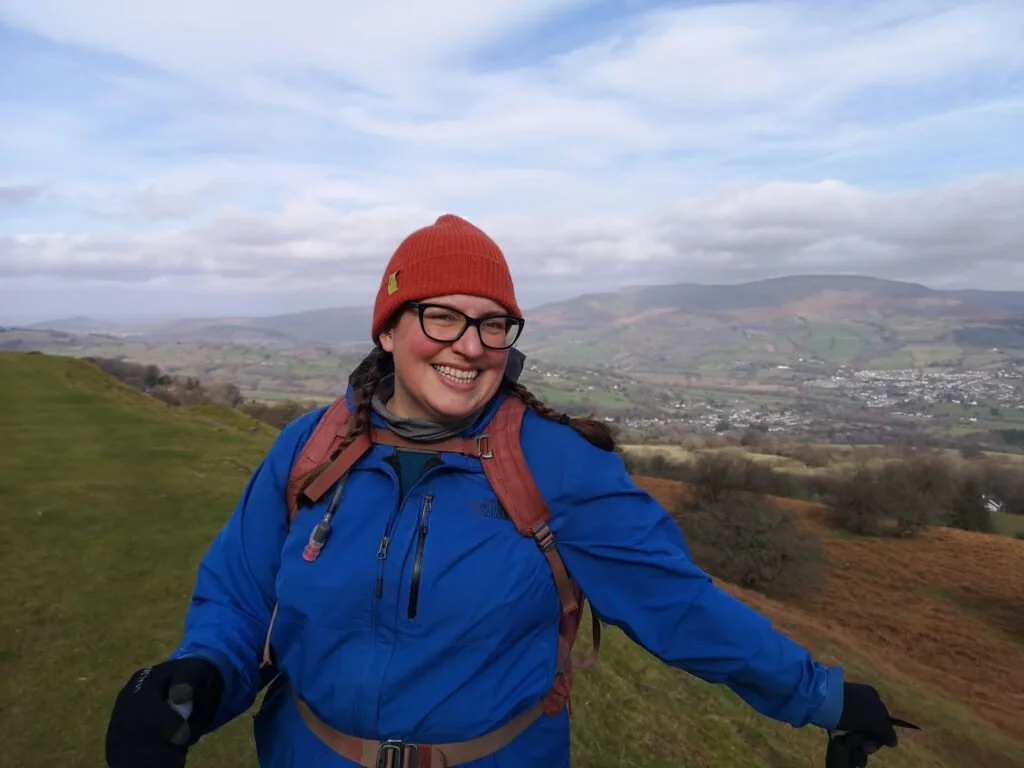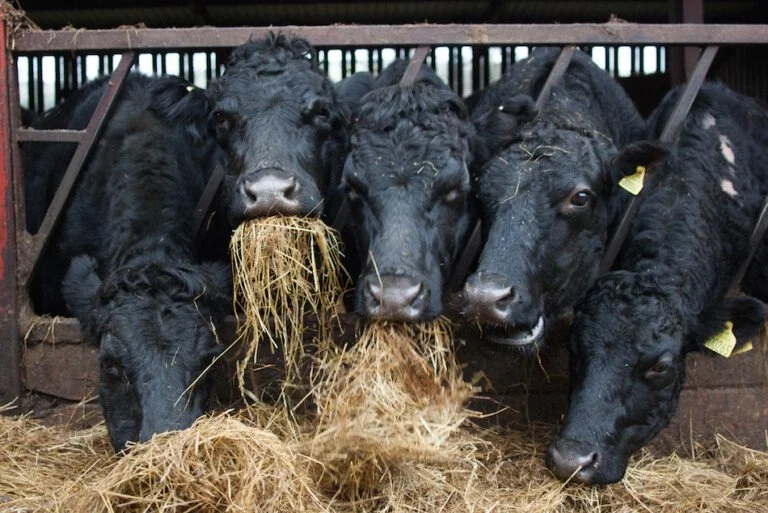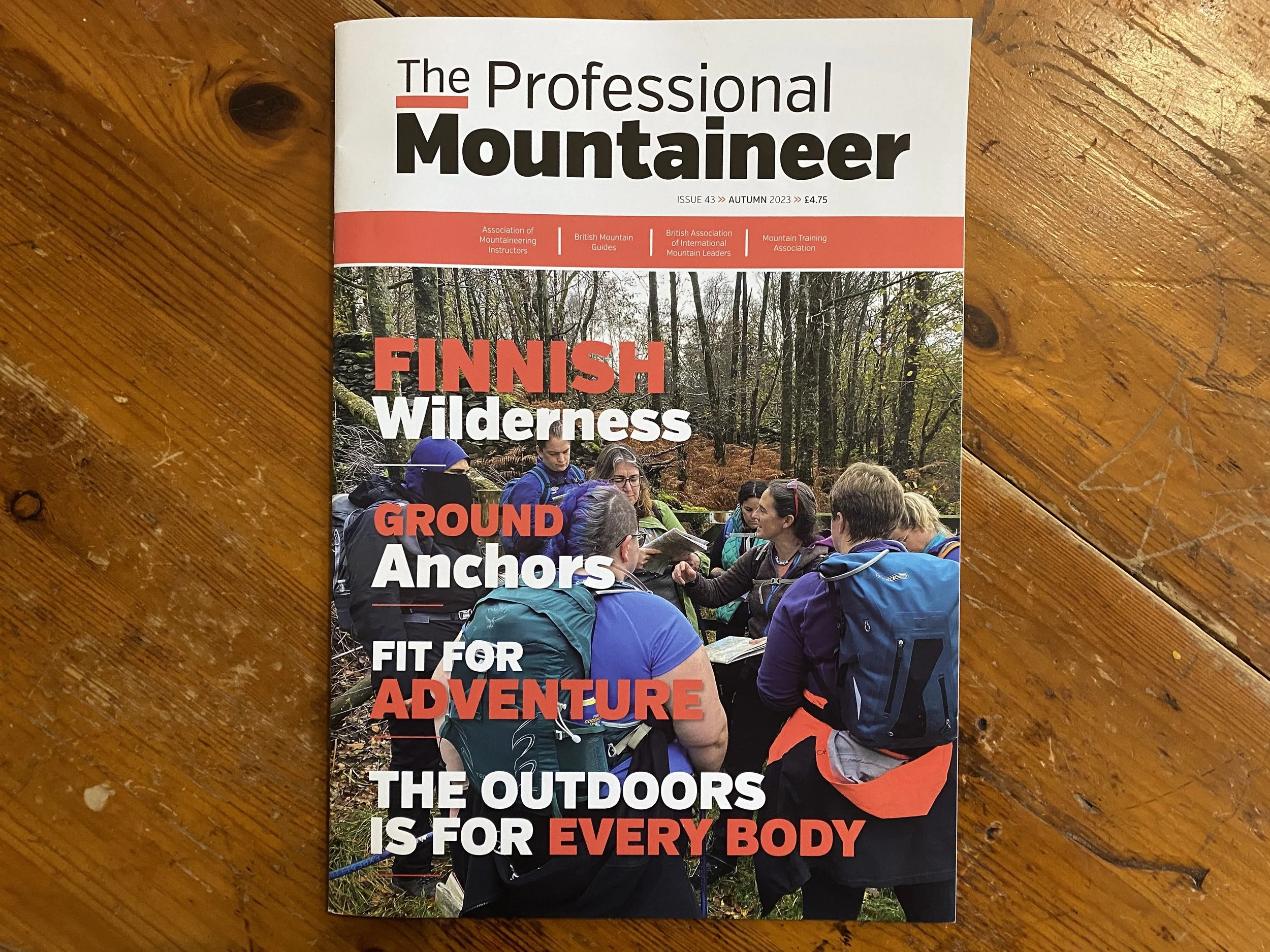A feature looking at a visit to Stream Farm, their innovative share farming model, and how farmer James Ogden perceives the problems with the food system.
Farmdrop - Bristol in 24 hours: the ultimate sustainable eating guide
The Waterfront Weekender - The River Severn
Where is your HOME?
It’s a question that at first might seem simple. Your thoughts flicker to a building, person or familiar place, a flush of emotions triggered by the memory. Pause for a moment; think about WHY that is your home. What about it makes it so? What emotions does it hold for you? Do you have any control over what makes your home?
Ernest Journal - Humble Pie
A feature looking at the curious history of pies - the humble beginnings, the fillings of the past and the pies we left behind.
"Huddled in their houses, bellies rumbling, staring at cupboards that ran dry days ago, the villagers of the Cornish village of Mousehole are losing hope. Rain whips against their houses and the wind howls through the streets, but the storm is showing no sign of relenting. Facing the turbulent, crashing waves that stretch as far as the eye can see, local fisherman Tom Bawcock readies his boat, taking a final look back at his village before heading into the churning waters. The tale of a fisherman braving the stormy sea in the 16th century to save his village from starvation is a famous one in a small corner of Cornwall. But the truth of the tale seems less important than the legacy it left behind: stargazy pie. Fish, usually sardines or herring, are laid with their heads sticking up through the pastry. This seemingly decorative placement was, like many culinary decisions, borne of a practical need; the fish heads would not be eaten and so covering them in pastry was deemed wasteful, but removing the heads would have allowed the flavourful oils to escape."
Excerpt from the Ernest Journal, Issue 7, March 2018, Words only
Waterfront - Winter Birding
A series of seven articles featuring winter birding opportunities on waterways across the country.
"It may be cold outside, but the countryside is flourishing with life. Winter and early spring is one of the best times of year to see birds on and around our waterways, so it’s the ideal opportunity to wrap up warm and grab your binoculars. While the change in seasons sees some of our favourite birds leave for warmer climes, it also draws large numbers of different species to our shores, attracted by our relatively mild climate, as well as enticing year-round residents into new locations and habitats.
The elusive bittern, a relative of the heron, was almost lost in the UK. Declining need for cut reed during the 19th century meant much of its traditional habitat was lost and numbers plummeted. But thanks to a dedicated conservation effort to restore reedbeds, numbers are once more on the rise and there are now an estimated 160 male bitterns in the UK."
Excerpt from Waterfront, March 2018, Words only
Sustainable Food Trust - Eating Your Values - 5 questions to ask your fishmonger
The second in a series looking at how people can eat in a way more aligned with their values. Co-written with Joe Wheatcroft from Source Food Hall.
"Buying sustainably sourced fish is a priority for many people, but what ‘sustainable’ means in this context is incredibly complicated to navigate, with few clear ‘dos’ and ‘don’ts’. While the meat we eat comes from a few different species that can be identified and certified relatively easily, fish is a much more complex matter. There are a huge number of different species and each comes with their own sourcing issues and challenges. Buying your fish from a fishmonger gives you an opportunity to learn more about these challenges and ask questions about the seasonality and sourcing of the fish you’re buying."
Excerpt from Sustainable Food Trust, February 2018, Words
Sustainable Food Trust - Eating Your Values - 5 questions to ask in a restaurant
The first in a series looking at how people can eat in a way more aligned with their values. Co-written with Joe Wheatcroft from Source Food Hall.
"When it comes to asking questions in a restaurant, many of us are fearful of being seen as fussy or awkward customers. But by speaking up and asking for information about provenance and the ethics of ingredients, we make these issues important; if you don’t ask questions, the owners and chefs won’t know that these matters concern their customers.
While front of house staff aren’t usually directly involved in sourcing, it may inspire restaurants and cafes to engage all their staff in these issues so they are prepared to respond to questions and trained accordingly. So how do you make sure the food you’re eating when out is aligned with your values? And what are the main issues surrounding sourcing in restaurants?"
Excerpt from Sustainable Food Trust, March 2018, Words
Countryfile Magazine - Hello, Old Bean!
Feature on the rise, fall and rise again of the fava or field bean. Focuses on Hodmedod, a company who are working with British farmers to reintroduce UK grown pulses into our diets.
"“The world is but a hill of beans,” so begins Ken Albala’s book dedicated to beans. “Nearly every place on earth has its own native species and nearly every culture has depended on beans.” At the mention of a British variety, however, most people think of baked beans – navy beans stewed in thick, sweet, tomato sauce. But despite a can being sold every 17 seconds, centuries before the advent of Heinz’s 57 varieties there was another bean that dominated the British diet. Thanks to one company who are championing its revival, the reign of the fava bean might not yet be over."
Excerpt from Countryfile Magazine, February 2018 (issue 134), words only.
Sustainable Food Trust - Eating Your Values - 5 questions to ask your butcher
The first in a series looking at how people can eat in a way more aligned with their values. Co-written with Joe Wheatcroft from Source Food Hall.
"Many of us would like to shop ethically and in line with our values when it comes to buying meat. But while this might sound like a simple thing to do, in practice it can be a complicated web of labels, terminology and increasing confusion. While a certification label will tell you certain things about the meat you are considering buying, if you go to a local butcher rather than your local supermarket, you can dig deeper into the issues.
We’ve come up with some questions that can help you to find the information you need. As consumers, we are often nervous about asking questions in shops, but the more questions we ask, the more butchers and retailers will realise that these issues are important to their customers. It’s an opportunity for us to help businesses create change from within the system."
Excerpt from Sustainable Food Trust, January 2018, Words and photographs







